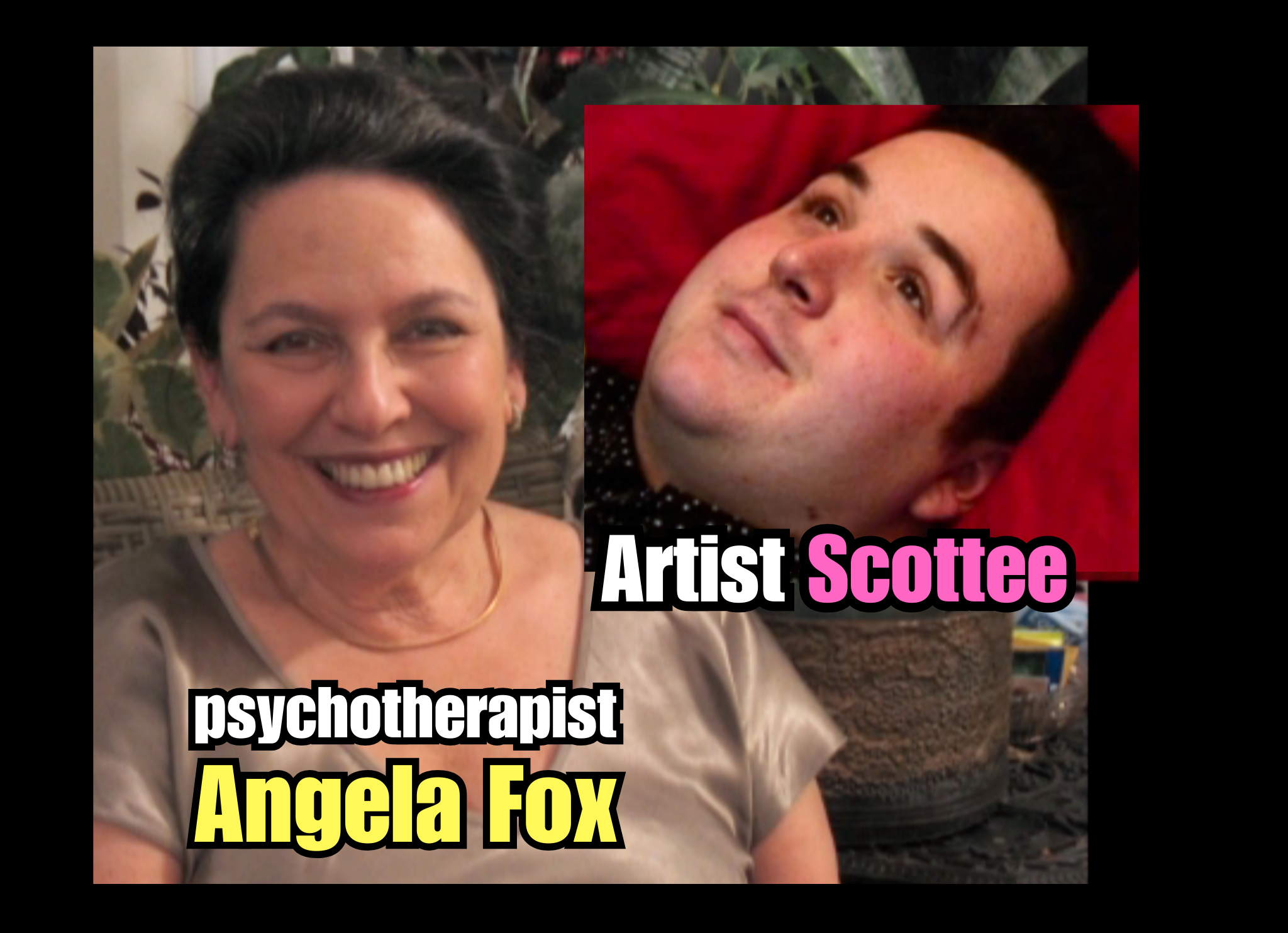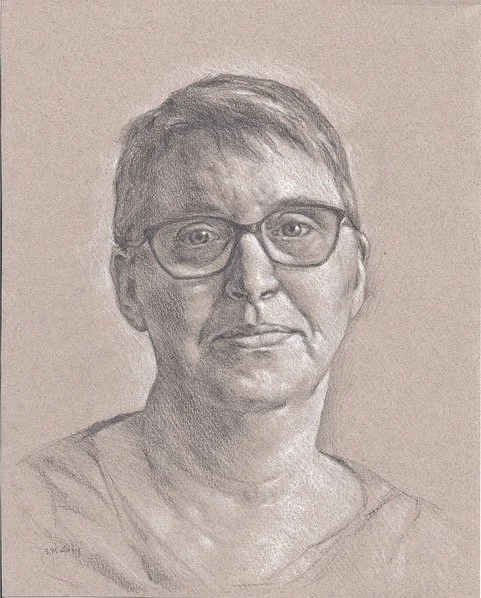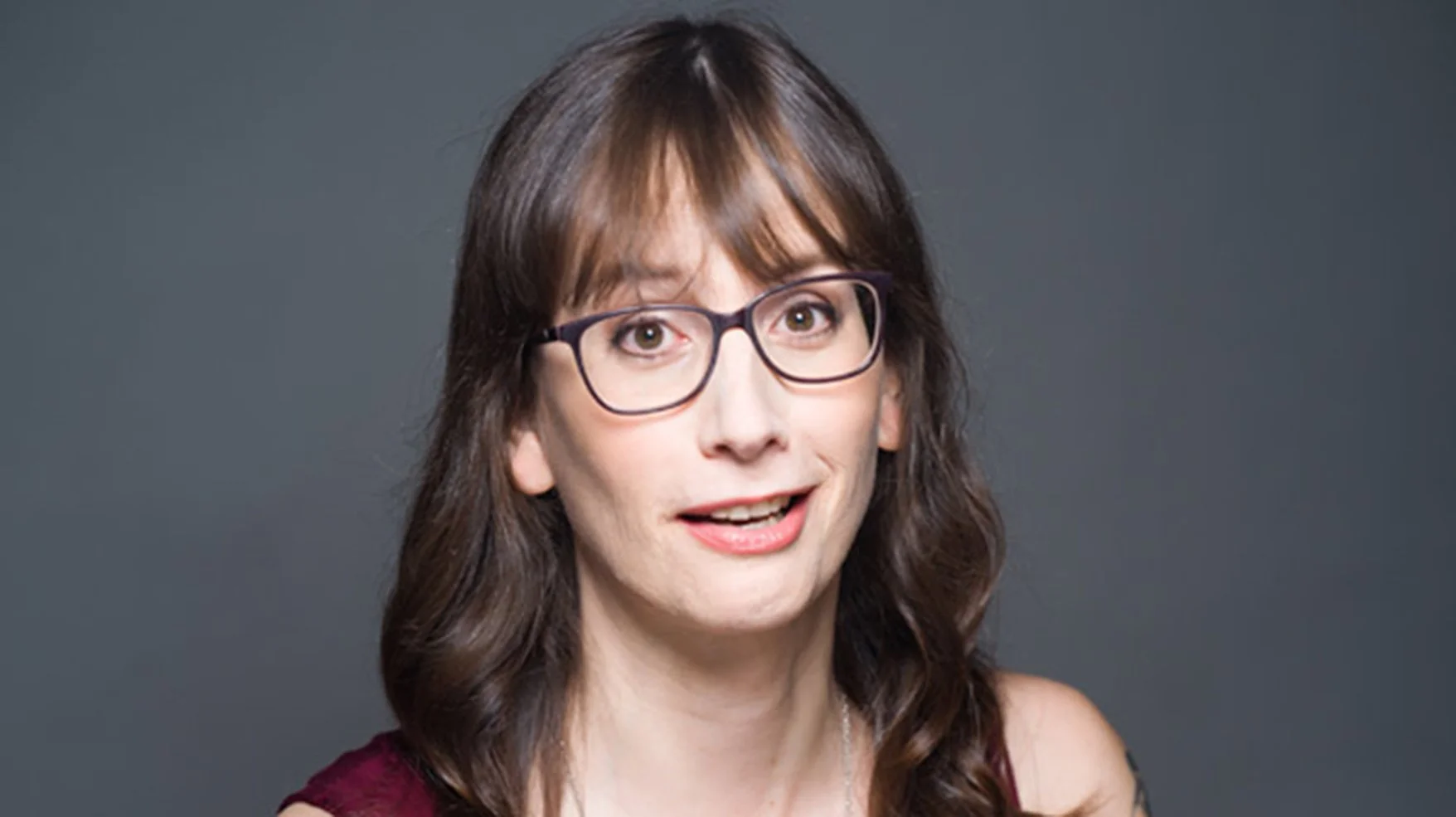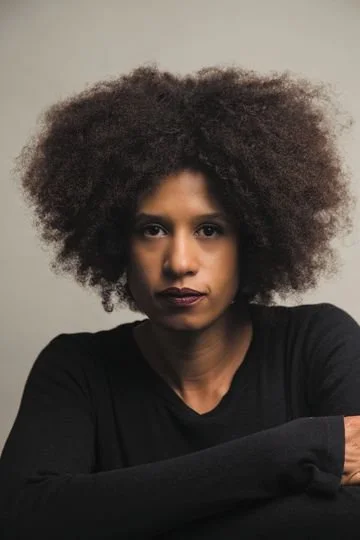
Multiple Os podcast features in-depth interviews with guests old and new to comment on and expand The O Show’s content. New episodes drop twice per month!
Topics explored include shyness, gender, sexuality, race, belonging and success, integrating therapeutic, artistic and political perspectives.
Multiple Os PODCAST PLAYLIST

Season 2 Guests

Season 1 Guests

Season 1
Soundbites
“So it's a reversal of values. So, instead of being LIke, the runt of the pack, or the last to be picked on the team, or the lowest low, you're in company of the exalted for being shy, for not saying anything, through daydreaming, through transcendental lostness.”
— Hamja Ahsan
“I think the closer you are to success, the more troubling success is. If you’ve never had a shot of it in your life, then well, screw success, it doesn’t matter. But yeah, if you if you’re closer to it, if you know people who are successful, well, that can do your brain in I think. And for me certainly one of the beliefs that I’ve internalised deeply is that I’m wrong. I’m a wrong person. And you know, and that can really knock me back. But also it can be a source of amazing strength and beauty as well.”
— Charlotte Cooper
“I think that that play is really super important. And I think it's kind of rooted in a kind of cultural and intellectual curiosity. I'm really fascinated by the commitment it takes to copy or reenact something, to restage something. Like, there's like an investment in culture, you know, even when kids are recreating like a Katy Perry video. It's like, there's obviously an attachment and an engagement with that original source, but there's a negotiation of their own situation. And I think what that activity represents should be encouraged because it is about cultural curiosity. And I think we need more of that, not less. I find how that's just easily dismissed as not having value is deeply problematic, particularly when there are certain bodies or identities that often lean into that because it allows, it affords them space.”
— Harold Offeh
“I looked at some disabled motivational speakers, which is quite hot in America. And it’s just awful because these people believe that they are special and they believe they are there to motivate, stimulate and inspire and all that shit. I’ve reversed it, so I go to uninspire; I do not motivate and I am not trying to make people laugh or anything. Of course, naturally, how I do it, does create a reaction.”
— Katherine Araniello
“You need boilerplate definitions in life, but for people, they’re not accurate representations of what's happening inside. You can't have a boilerplate definition for a person. So having a Why is simpler, but having the struggle to find the Why is probably more honest, truthful.”
— Joshua Sofaer
“You're seeking some kind of emotional intimacy, and you have to market yourself and commodify yourself and brand yourself as a dateable object. Or, you know, you have to think about what guys’ fantasies are, if you can mould yourself around a fantasy so that they will click on you, you know, without, they're not going to think about you in a deep way. You know, it's like advertising. It's like a split-second decision, whether they decide to talk to you or not, so you have to make yourself the product.”
— Indrani Ashe
“It took me ages to become a feminist, because I would go to these feminist coffee houses, or feminist meetings and I would be afraid that I didn't know enough. I didn't have the right language. I didn't know all of the key words. And I think some of us even now go to protest with a similar kind of, I'm not sure I have, you know, I have this desire, I have this passion, I have this anger, but I’m not sure I have all the knowledge. And I think that keeps us from being engaged fully…”
— Lois Weaver
“What we know now from what we're hearing in the world, everyone has so many diversity initiatives. It seems that everyone is doing something about diversity, but I kind of knew already, it's not going to go away because people are not going to go away, there's always going to be differences in the world. So there's obviously going to be a need for someone or an organisation to come in and really try and help people think about how we can change these things and really get to the root causes.”
— Ope Lori




































